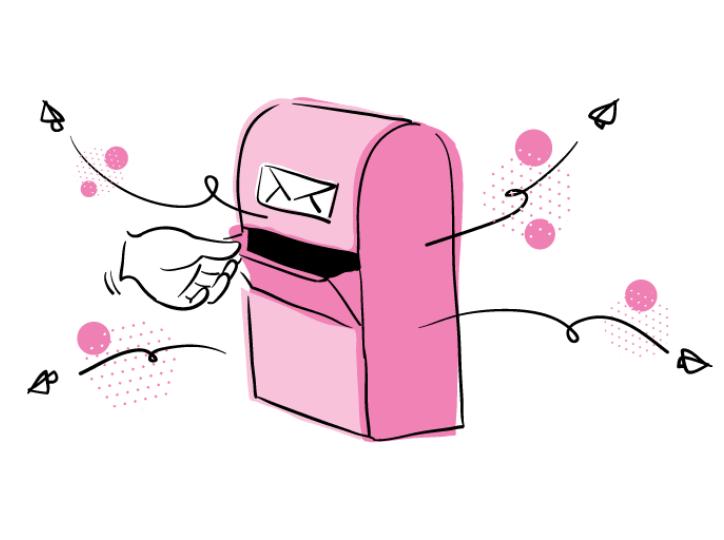Los 3 principales problemas para implementar campañas promocionales en la sala de venta

La intensidad de campañas promocionales en el Retail moderno es altísima, los consumidores se han acostumbrado a comprar productos en oferta y un gran porcentaje de la venta se produce por ventas impulsivas asociadas a promociones.
Sin embargo, implementar promociones no es una tarea fácil, requiere de una serie de acciones que se deben dar de manera coordinada y a tiempo: asegurar que los productos estén con las etiquetas de precio correctas (en el contexto de miles de SKUs de cada tienda), que el lugar de la exhibición sea el negociado, implementación de material POP (material de marketing específico para una marca o producto que puede ir desde stickers en góndolas hasta sofisticadas exhibiciones), degustaciones y muestras, etc. De acuerdo con un estudio de la consultora Popai las empresas de consumo masivo y los retailers a nivel corporativo estiman que, en promedio, la correcta implementación del material POP es superior al 70% cuando la realidad de este estudio es que el cumplimiento es de alrededor de un 40%, generándose una importante brecha entre lo que se cree que está sucediendo y la realidad.
¿Por qué está pasando?
Existen 3 situaciones que son los cuellos de botella para que exista una correcta implementación:
Falta de información en tiendas sobre la implementación de las promociones
Un caso típico es que las áreas centrales envíen la información mediante emails o incluso canales más informales como WhatsApp a los administradores de tiendas. ¿Qué pasa cuando hay un cambio de administrador o este se encuentra de vacaciones? ¿Existe un estándar para el envío de la documentación asociada? Cuando el administrador reenvía la información a otra persona como jefe de sección o departamento en tienda, ¿cómo es posible saber si este último entendió el requerimiento? ¿Existe algún canal claro para levantar dudas?
Falta de priorización y centralización de los requerimientos
La especialización del retail moderno ha obligado a las empresas a contar con equipos de negocio independientes para cada categoría de producto, los que muchas veces compiten por los recursos y espacios en tienda. Es así como la tienda recibe desde distintos canales de comunicación instrucciones simultáneas que requieren horas de trabajo del personal de la tienda, siendo frecuente una sobredemanda y no haber recursos suficientes para implementar a tiempo, ni de acuerdo, a las expectativas comerciales.
Falta de visibilidad por parte de las oficinas centrales sobre la implementación
Es común que, una vez enviado el requerimiento a tienda, las áreas comerciales deben cruzar los dedos para que las cosas se implementen en la tienda tal como se esperaba, cosa que sabemos no necesariamente ocurre. Nuevamente se recurre a métodos informales y poco efectivos tales como el correo o WhatsApp para levantar evidencia (fotos) las cuales muchas veces ni siquiera son enviadas.
Hoy en Frogmi® estamos ayudando a las empresas de retail a simplificar las implementaciones de promociones en los puntos de venta, mediante una plataforma sencilla de usar que centraliza los requerimientos a tiendas, entrega información relevante para la implementación de promociones y levanta evidencia en tienda, permitiendo ejecutar en tiempo y forma la actividad promocional. Con esto se logra aumentar la productividad de los equipos de tienda, y al mismo tiempo se entrega visibilidad sobre la ejecución en la tienda.
Si quieres conocer más sobre como Frogmi® te puede ayudar a mejorar la implementación de tus promociones en tienda solicita una demo.

